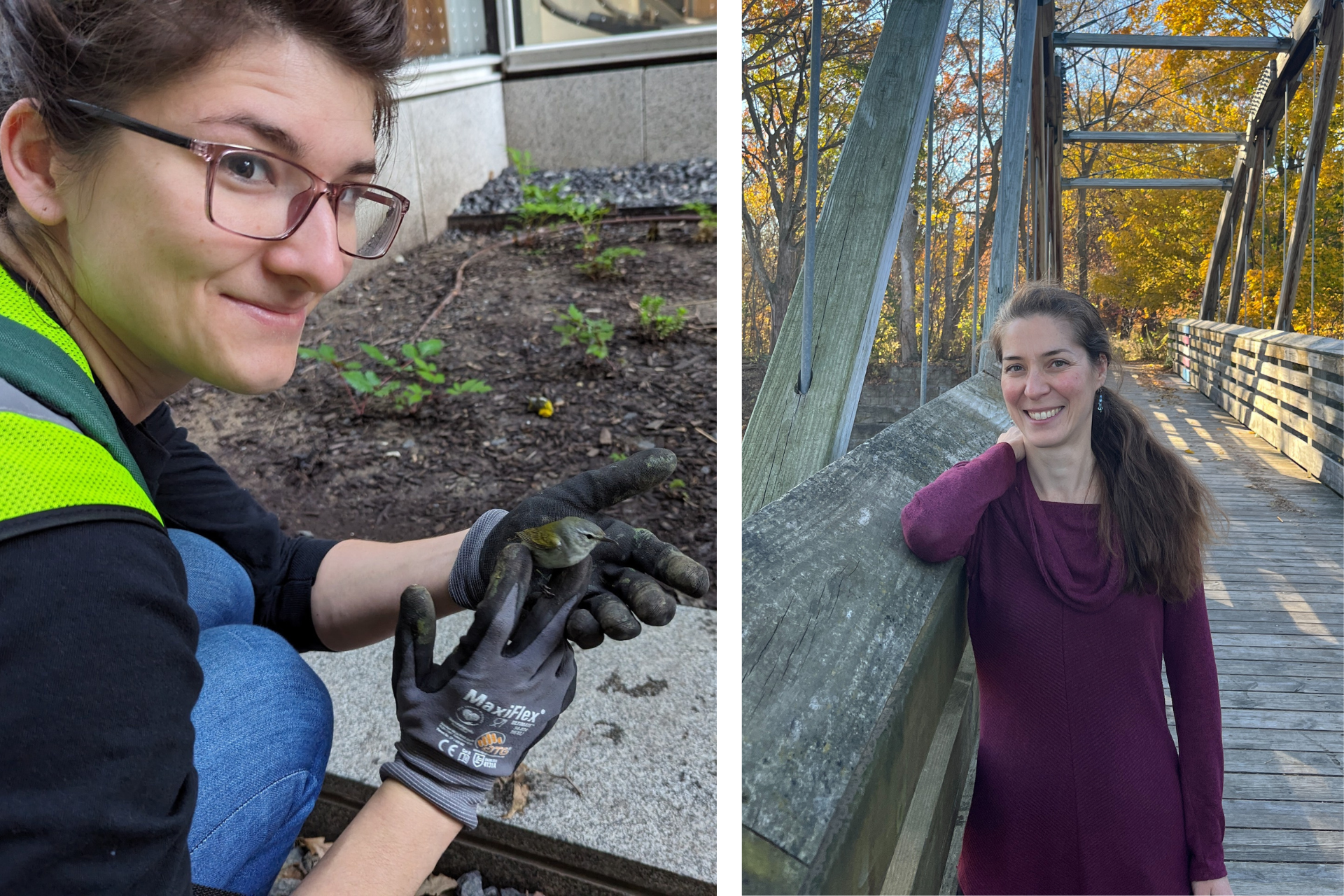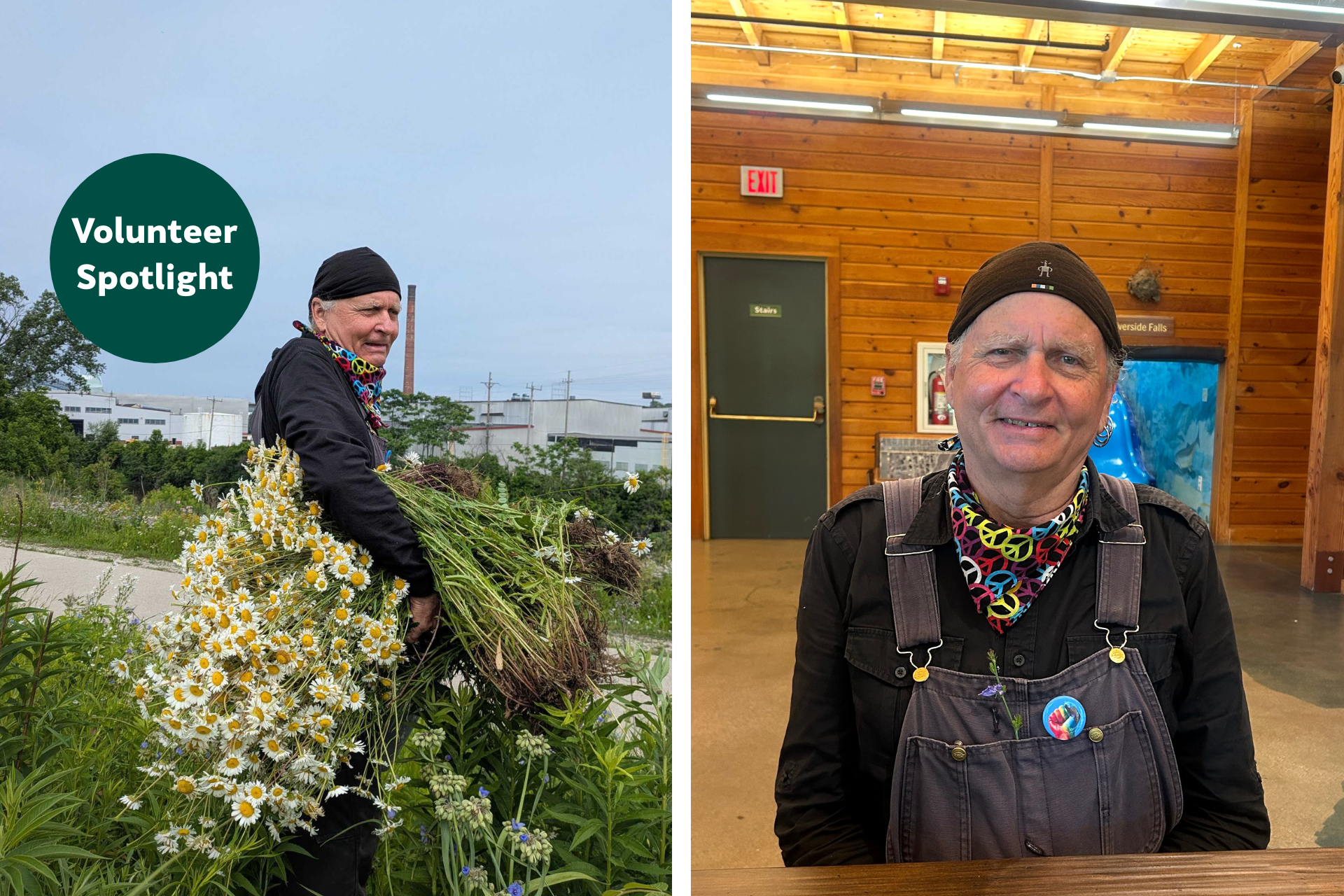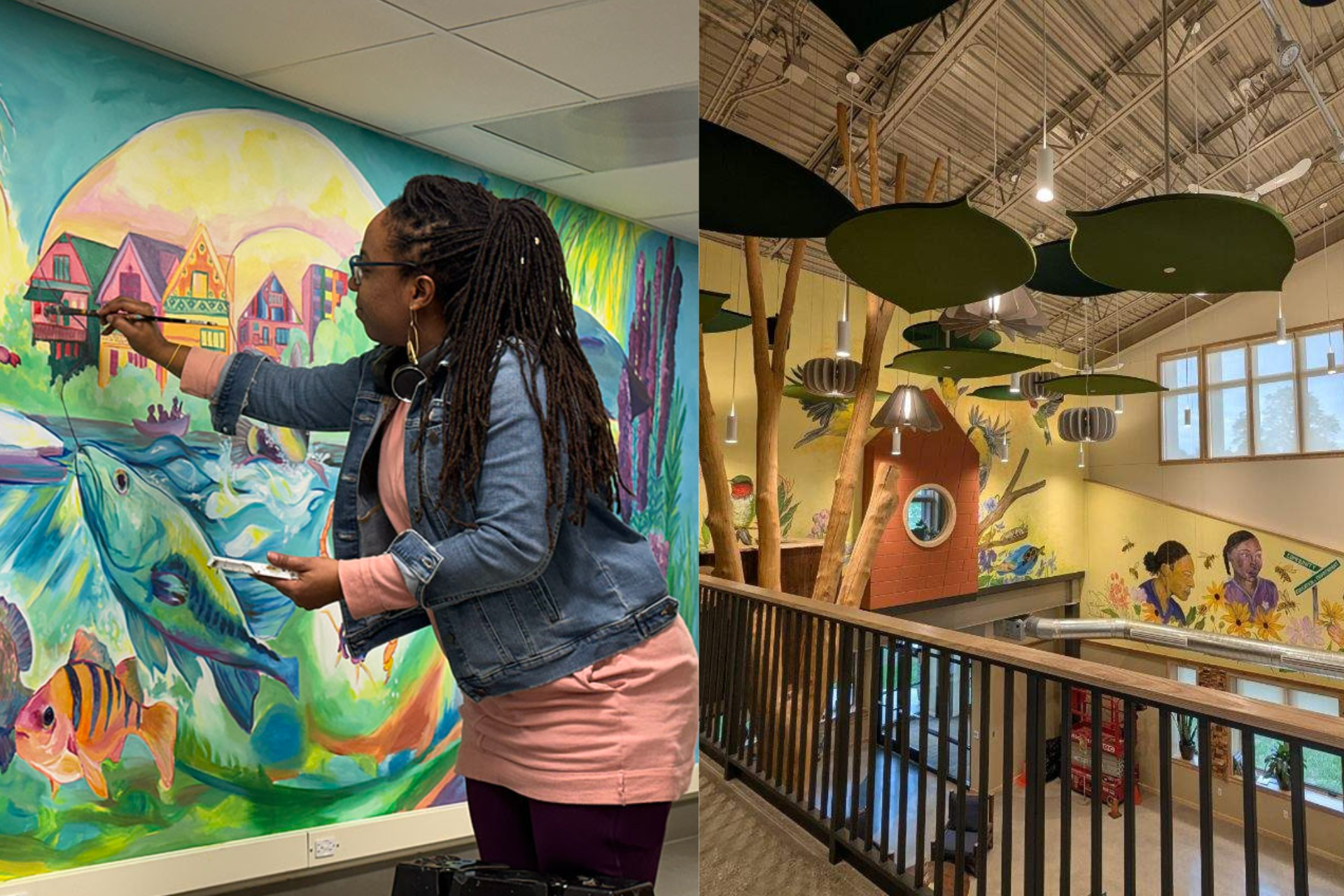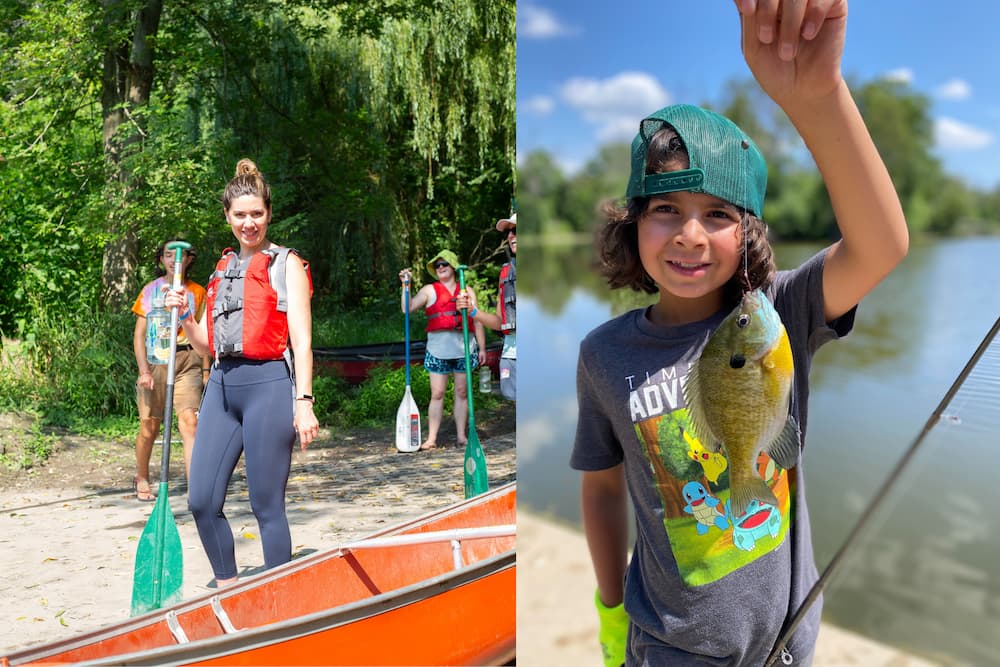Wisconsin Night Guardians for Songbirds
Wisconsin Night Guardians for Songbirds (WIngs) is a monitoring program focused on helping live birds and documenting the collision problem at several buildings in the city of Milwaukee.

The Problem
Collisions with buildings and other man-made structures pose major threats to birds with an estimated 1 billion birds killed annually in the United States.
With an increase in urbanization, collisions will continue to be a prominent issue if left unmitigated.
To better understand this issue, volunteers with the Wisconsin Night Guardians for Songbirds have been documenting bird collisions for over a decade in the city of Milwaukee.
.jpg)
Preventing Window Collisions
Low-rise buildings contribute to the majority of bird collisions. Luckily, there are some easy solutions you can implement at home.
Learn MoreAbout Wisconsin Night Guardians for Songbirds (WIngs)
WIngs is a community science project based in Milwaukee, WI.
We work with the Wisconsin Humane Society Wildlife Rehabilitation Center (WHS) to monitor and mitigate window collisions during spring and fall migration.
Community scientists document species and location of birds that have collided with buildings and transport injured birds to the Humane Society’s Wildlife Rehab Center. We use the data to better understand the scale of window collisions, identify problem areas, and take steps to help building managers reduce future collisions!

Check out our 2023-2024 report
View ReportVolunteer with us!
Become a WIngs Bird Collision Monitor
Spring Season: April 1 - May 31
Fall Season: September 1 - October 31
How it works: Community scientists patrol areas of Milwaukee in the early morning hours during periods of peak migration (Spring: mid-April and May; Fall: September and October), while also tracking specifics as to where and when birds were found. Injured birds are then transported to the Wisconsin Humane Society Wildlife Rehabilitation Center by UEC volunteers for immediate, life-saving care.
Time Commitment: Volunteers select which day(s) they’d like to survey and go out weekly during spring and/or fall monitoring periods (6-8 weeks). Volunteers can also be substitutes to cover on individual days that weekly monitors cannot make.
Training: Volunteers receive training, resources, and supplies for completing surveys and rescuing injured birds. No prior bird identification skills or handling experience is required. Volunteers provide their own transportation to and from their survey site(s) and the Wisconsin Humane Society Wildlife Rehabilitation Center. We’re happy to help coordinate transportation as needed!
Survey: Volunteers will look for birds on the ground and in the vegetation around their assigned buildings that have been killed or stunned by impact with the building. Surveys take between 30-90 minutes and are conducted before 9 AM.
Contact Maggie Steinhauer (msteinhauer@urbanecologycenter.org) with any questions.
Reporting
The problem isn’t limited only to where we survey.
Explore where collisions are occurring in Milwaukee County through our Collision Explorer.
You can also Report a collision.
.jpg)

%20(1).jpg)
.jpg)

.jpg)
.webp)
05-14-15f%20(1).jpg)




.png)